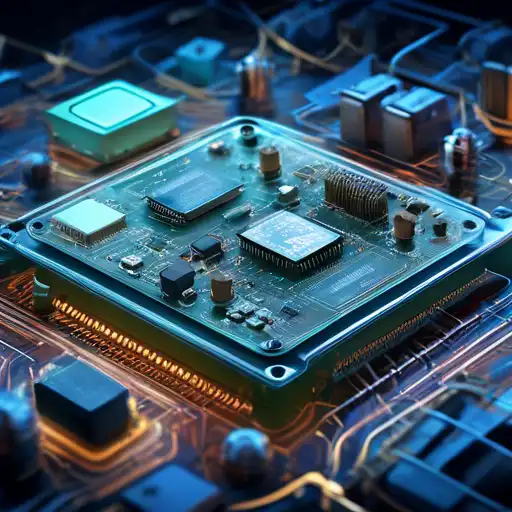The Hidden Power of Embedded Systems in Modern Smart Devices
Embedded systems are the cornerstone of today's smart devices, acting as the brains behind their functionality. These specialized computing systems are designed to perform dedicated functions within larger mechanical or electrical systems. From smartphones to smart refrigerators, embedded systems make our devices smarter, more efficient, and more connected.
What Are Embedded Systems?
An embedded system is a combination of computer hardware and software, either fixed in capability or programmable, that is specifically designed for a particular function. Unlike general-purpose computers, which are designed to handle a wide range of computing tasks, embedded systems are optimized for their specific tasks, leading to increased efficiency and performance.
The Role of Embedded Systems in Smart Devices
Smart devices rely heavily on embedded systems to process data, connect to other devices, and perform their intended functions seamlessly. For example, in a smart thermostat, the embedded system processes temperature data, learns user preferences, and adjusts the home's heating or cooling system accordingly.
Key Components of Embedded Systems
- Microcontrollers or Microprocessors: The heart of the embedded system, responsible for processing instructions.
- Memory: Stores the system's firmware and temporary data.
- Input/Output Interfaces: Allow the system to interact with the external world.
- Power Supply: Provides the necessary energy for the system to operate.
Benefits of Embedded Systems in Smart Devices
Embedded systems offer numerous benefits, including reduced size and cost, increased reliability, and lower power consumption. These advantages make them ideal for use in a wide range of smart devices, from wearable technology to home automation systems.
Future Trends in Embedded Systems
The future of embedded systems is closely tied to the growth of the Internet of Things (IoT). As more devices become connected, the demand for sophisticated embedded systems that can handle complex tasks and communicate efficiently with other devices will continue to rise. Innovations in artificial intelligence and machine learning are also expected to play a significant role in the evolution of embedded systems.
Conclusion
Embedded systems are the unsung heroes of the smart device revolution. Their ability to perform dedicated tasks efficiently and reliably makes them indispensable in today's technology-driven world. As we move towards a more connected future, the importance of embedded systems in powering smart devices will only continue to grow.
For more insights into the world of technology and smart devices, explore our technology section.
